OPINION EDITORIAL: IN SEARCH OF OUR EMCEE’S GARDENS (A PERSPECTIVE ON WOMEN IN HIP-HOP)
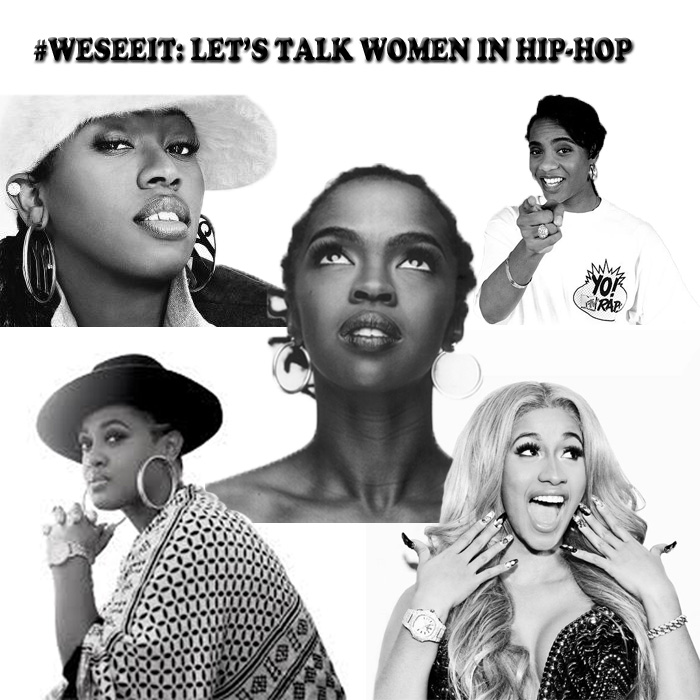
Alice Walker. Mahari. Monica. Tricia Rose, thank you.
WORDS BY CHANELL “TICO” NICHOLE
I was tasked with the inevitable: penning down an opinion on women in hip-hop. I knew the prompt would come, I just didn’t know how it would come. I surely didn’t think my opinion would be asked for so bluntly, so for that, I thank my friend and mentor Cheats. To be clear, I use Hip Hop to mean a culture and a music genre, interchangeably. In this year 2018, there is no place Hip Hop has not gone, it is universal and a way of life. To be even clearer, there is no Hip Hop without women; “Since [Lauryn Hill’s Ready Or Not], the vast majority of [Nina] Simone’s material has been cited, covered, or sampled by a pantheon of African American male hip-hop acts, ranging from the socially conscious camp of Common, Mos Def, Talib Kweli, and the Roots to less politically inclined artists, such as 50 Cent, Cassidy, Flo Rider, Lil Wayne, Timbaland, and, most frequently and controversially, by the producer and rapper Kanye West,” (Tillet 120). As Hill famously let folks know in her Fugees’ single, she’d rather embody the classic, timeless, earthy and authentic soul that is Nina Simone rather than the celebrated criminal that was Al Capone. Hip-Hop’s men followed suit, making many songs and albums in Simone’s image. This is just one example of many- women are interwoven through all parts of the culture. Whether the intersection is Teyana Taylor’s choreography playing background to Kanye West’s “Fade” music video or Nadeska Star edging in a word sideways on Complex’s show Everyday Struggle, the intersection stands. Women are ever present in hip-hop because we are Hip-Hop. However, our feminine presence is not presented as equal to that of our male counterparts, therefore, femme representation is skewed and lacking.
“To be even clearer, there is no Hip Hop without women;” – Chanell “Tico” Nichole
I want to again assert that women are ever-present in hip-hop and it has been this way since we co-founded the damn genre. The ever presence of women just runs in tandem with our erasure from the popular narrative, as all. For those that need a refresher, the birth of the hip-hop culture is described as a direct response to the deterioration of socio-economic opportunities and tangible community resources for Black people in urban New York in the 1970s. The author Tricia Rose characterized this time and place as, “an intersection of ‘social alienation, prophetic imagination, and yearning’ where postindustrial conditions, technological innovations, and Afrodiasporic cultural frames and priorities came together to produce the ‘techno-black cultural syncretism’ known as rap music” (Phillps, Reddick-Morgan, Stephens 253). In these failing neighborhoods, we had blocks literally on fire with disgruntled women and men looking for an outlet. Innovative, young and hungry Blacks and Latinx folks found one of many outlets to express their discontent, fears and dissatisfaction with their surroundings and future prospects. This outlet became what we know as Hip- Hop. This is no different than the genres borne of previous struggle – think rock ‘n’ roll, blues, ragtime, jazz and gospel.
Nina Simone’s influence on hip-hop cannot be overstated
Most hip-hop fans agree that the first commercially popular rap song was “Rapper’s Delight” by the Sugarhill Gang in 1979. Women building in hip-hop predates even that commercial moment: “Women have been rapping, at least, since 1976, when Sharon Jackson, a/k/a Sha-Rock, appeared at DJ Kool Here’s parties and got on the microphone. Between 1978 and 1986, when rap went largely commercial and became firmly established in the mainstream, more than sixty records featuring over thirty female MCs or DJs were released,” (Phillps, Reddick-Morgan, Stephens 255). We, as hip-hop fans, lovers and arbiters should not be surprised at this slight erasure considering the dominant lens through which to process history is patriarchal and classist. Ironically, the dominating hip-hop discourse easily includes the stories of commercial successes of men (ie. The Sugarhill Gang) and stays virtually silent on the accomplishments of the architect that is Sha Rock. This genre was framed to be able to share messages of struggle and life in spite of struggle. More or less, when the history of this ‘Cinderella story’ genre is retold, the women present from the beginning are erased; “In 1977 the first all-women crew, the Mercedes Ladies, composed of two DJs and as many as four MCs, was formed in the South Bronx. Despite many years of holding their own on the party circuit, not until 1984 did they appear on record and, ironically, only to back up male rapper Donald D,” (Phillps, Reddick-Morgan, Stephens 255). Women being interwoven into the culture that is hip-hop and being conveniently left out of the founding narrative is as commonplace as it is historic. This cycle sets the backdrop for the present, in which, women are just as present as they were at the outset but just as overshadowed.
Sha-Rock is true hip-hop history. The Funky 4 + 1
The changes that have taken place over the years for the representation for women in hip-hop are to be celebrated. To act as if nothing has changed between the heyday of MC Lyte to Cardi B is to be stubborn and erroneous. The ever-present womanist energy within the genre blossoms with each new femme superstar, whether that is an arbiter behind-the-scenes or a starlet on every magazine cover. The easiest way to demonstrate the skewed and/or lacking representation is to break down media coverage. The media, the megalodon we all consume and feedback into, mirrors the history of women and hip-hop. Folks that hold a different opinion than mine feel that an entire story continually not being told is due to limited resources. Note, that the “lack of resources” perspective can also come out in the form of a “Women should build their own platform.” Well, women created hip-hop. Women birthed a cultural phenomenon and Netflix (Monique already got us privy to their business ethics) gave us Rapture.
Netflix, a very resourceful and popular platform, created a docu-series centered on modern hip-hop, called Rapture. Specifically, hip-hop being lived out and explained by rappers in their prime. Of the 8 episodes, 2 featured white-passing male artists (one, G-Easy, is straight up white) and just one episode featured a woman, Rapsody. Rap-powerhouse, Nicki Minaj, infamously tweeted about this issue; “It’s a great time to be a white rapper in America huh?” Nicki wrote in the caption of her now-deleted post. “These are the top 10 rap songs on US iTunes. S/O to Em & Post. Two of my faves. Congrats to Em on his new album. #Motorsport put dat thing in sport,” The chart is currently much different, however, at the time she had made this succinct commentary via Instagram, of the 10 songs listed, Migos’ “Motorsport” and N.E.R.D.’s “Lemon” were the only two performed by artists that self-identified as Black. On the grand stage of media, whether televised or digital, Black women play a minority role to White men.
“…our feminine presence is not presented as equal to that of our male counterparts, therefore, femme representation is skewed and lacking.” – Chanell “Tico” Nichole
The ire continues into concrete displays of hip-hop, of any tenet. Celebrated graffiti artists are male, celebrated dancers are male, celebrated DJs are male and celebrated emcees are male. This speaks to the collective amnesia about the prowess that is bound up within a woman and not to the collective works from women past and present. This is the part where I get excited and drop names I assume everyone knows. I repeat: women are ever present in hip-hop, specifically, it is important to note that you’d be hard pressed at this point (which it seems like many of you are) to engage in any part of hip-hop’s worldwide takeover without experiencing the prowess of a Latinx woman. In the same country that is currently wrestling with its own ugly truths about how we care for immigrants and our Latinx community, we are bumping Cardi’s Invasion of Privacy. In this anti-brown country, The current face of hip-hop is an Afro-Latinx woman that is from the same beginnings as hip-hop: humble, poor and from the Bronx. Frankly, I criticize this intersectional omission. Standing alongside the heralded Black male heroes of hip-hop are our Latinx Queens. I laugh at jabs at Cardi’s authenticity: If something was coming out of the Bronx, New York, how could it not be hip-hop? She is not alone.
Celebrate your Cardis, BIAs, Princess Nokias, La Goony Chongas, Amara La Negras and Uzumaki Cepedas. Celebrate your Lady Leshurrs, IAMDDBs, Trillary Banks, Yinka Bokinis and Nadia Roses. Do not forget your Cuban Dolls, Nonames, and OSHUNs. I get a good laugh when folks release a ‘Top Ten’ blah blah blah and there is one or no women present. The omission looks silly, I promise. Even our beat culture breeds goddesses like Wondagurl, SADIVA and SuziAnalogue, Suzzane Cianni and DJ Haram. Our afro-futurists are women like Kelela, Moor Mother, and Willow Smith. I feel amazing about women in Hip Hop. I imagine I feel like my mother when L-Boogie’s “Doo Wop (That Thing)” dropped and like my darker-toned sister when she heard Rapsody say “being dark don’t make you stupid,” on “Complexion”.
“I get a good laugh when folks release a ‘Top Ten’ blah blah blah and there is one or no women present. The omission looks silly, I promise.”- Chanell “Tico” Nichole
I still feel Solange and the millions of women that knew what was up when she said “Don’t touch my hair,” (really, don’t). I feel invigorated because I could always see the intersections. I am also an intersection. My own lens through which I interpret hip-hop has garnered its own modest following and I have been so blessed to be in a position to continue the discourse. But after feeling invigorated, I feel defeated. I get tired. As I write and let my Spotify roam free in the background, man after man pops up in the queue. I feel invigorated when I like a woman’s music (trust me I do every day) and defeated when Spotify makes me a playlist of male sound-alikes. This is what the culture does; we forget as soon as a woman does anything, but women are always doing something. Women will always be doing something.
Now, more than ever, we need this femme excellence to lead the culture. Stop slut-shaming in the culture. Without the sex-positive, your favorite rapper probably has no content. Stop tone-policing women in hip-hop; we said what we said. Stop using femme vocals and listing no feature. If you just sampled it, I’m sure you can find a platform to share that appreciation. Stop building all-male bills for underground shows and huge festivals, alike. The buying power of women will dry up on hip-hop if ladies continually see that they aren’t invited on-stage but okayed to clean the bathrooms in the venues. Stop forgetting these women that build entire platforms for hip-hop to stay alive. Stop forgetting the women offering up life to the culture via production, songwriting, dance, journalism, and academia. Women are ever present in hip-hop because we are Hip-Hop. However, our feminine presence is not presented as equal to that of our male counterparts, therefore, femme representation is skewed and lacking. Please @ me if I missed something. @IGetSalty
Tico Nichole is a VCU graduate, lover of tacos, music-head, and badass writer. Follow her on twitter at @IGetSalty
Read Up!
https://www.allmusic.com/artist/funky-4-1-mn0000801418/biography x Kembrood McLeod
http://bandwidth.wamu.org/24-women-rappers-use-a-hip-hop-classic-to-tackle-violence-and-sexism/ x Ally Schweitzer
Black Noise x Tricia Rose
Hip Hop’s Amnesia: From Blues and the Black Women’s Club Movement to Rap and the Hip Hop Movement x Reiland Rabaka
From Jim Crow to Jay-Z: Race, Rap, and the Performance of Masculinity by Miles White (review) x Adam Coombs
Strange Sampling: Nina Simone and Her Hip-Hop Children x Salamishah Tillet
Oppositional Consciousness within an Oppositional Realm: The Case of Feminism and
Womanism in Rap and Hip Hop, 1976-2004 x Layli Phillips, Kerri Reddick-Morgan and Dionne Patricia Stephens
https://www.complex.com/music/2017/12/nicki-minaj-white-rapper-instagram-post-deleted x Omar Burgess


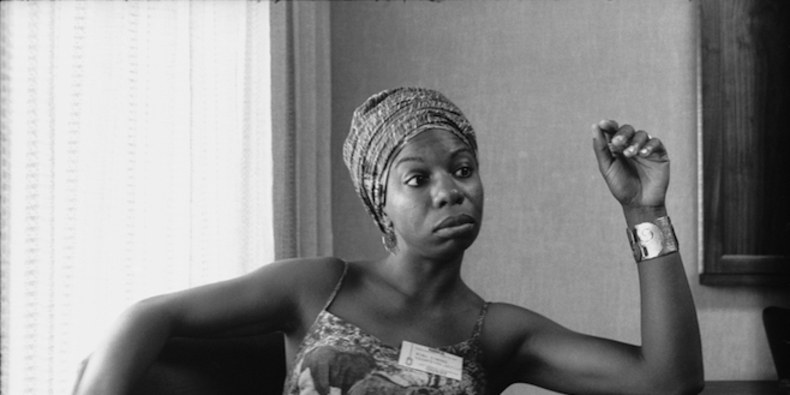
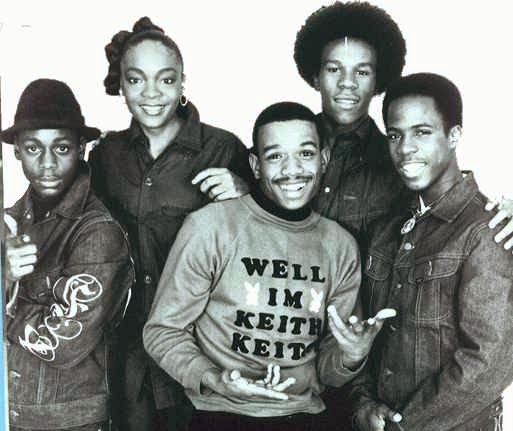

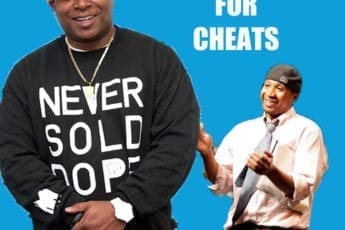



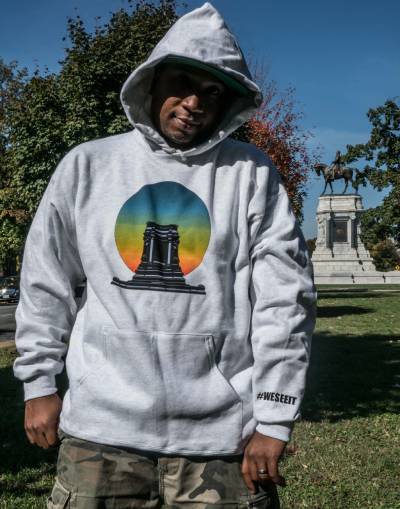 The Cheats Movement is dedicated to hip-hop culture, politics, and community activity. We see our community different than most, therefore, #WESEEIT
The Cheats Movement is dedicated to hip-hop culture, politics, and community activity. We see our community different than most, therefore, #WESEEIT
Good article! I see your points as being valid and I appreciate the way you expressed yourself in this post.
Ⲩou could definitely see your skills in the work you write.
The arena hopes for more passionate writerѕ like you who aren’t afraid to mention how they
believe. At all times follow your heart.